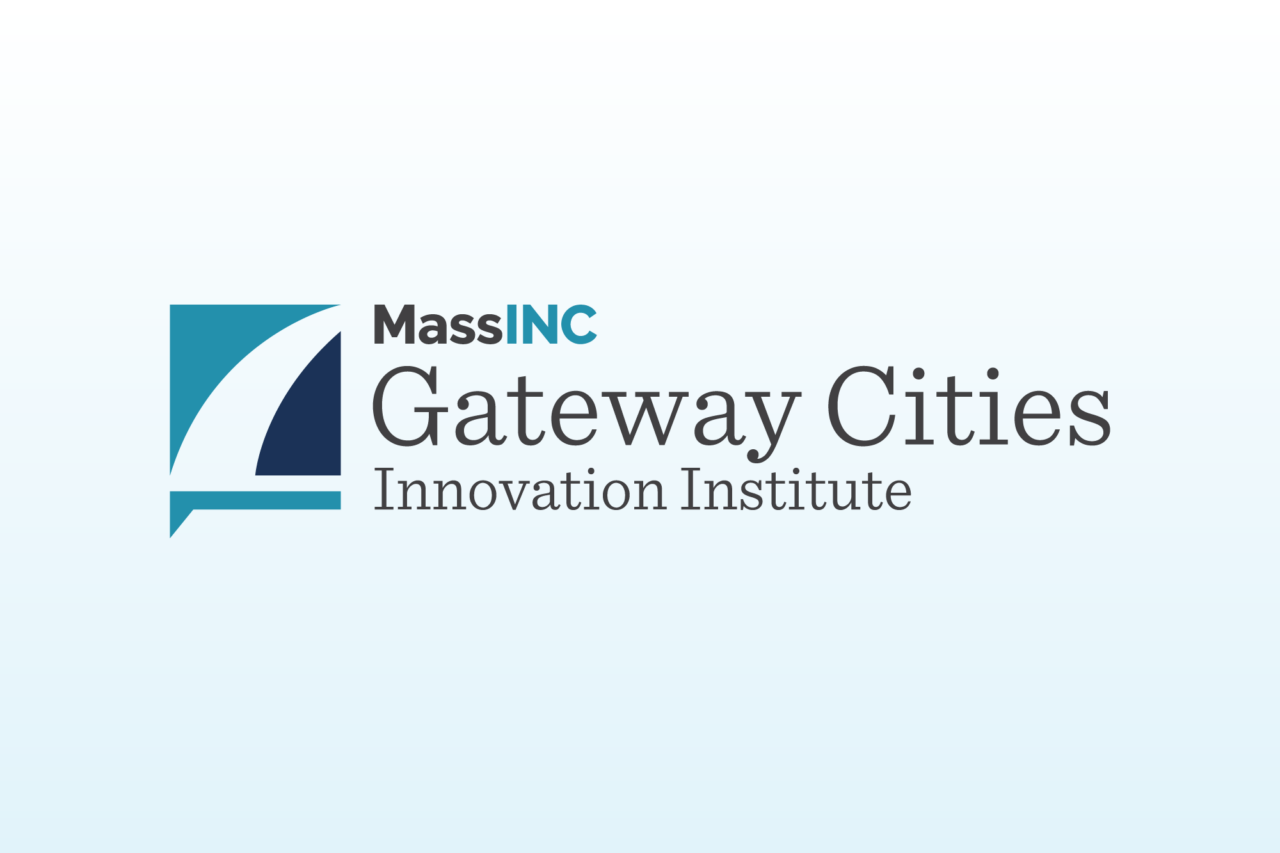The MassINC Policy Center generates research to frame pressing issues, identify actionable solutions, and monitor progress. The Center favors a ground-up approach, engaging with state and local officials and civic leaders to surface problems and actionable strategies to address them. We strive to produce unbiased information that leaders can rely on when tasked with making difficult choices.
Featured Research
See all Research
The Massachusetts Middle Class Status Report
As MassINC marks its 30th anniversary, the Massachusetts Middle Class Status Report revisits a foundational question: whether households in Massachusetts can achieve economic security, stability, and full participation in civic life. Using a multidimensional economic capacity framework, the report offers a rigorous, data-driven assessment of whether the Commonwealth’s economy is delivering broadly shared prosperity.
Featured Research
See all Research
Case Study: Teach Western Mass
Vital lessons for systems change initiatives seeking to solve education equity challenges.
Key Takeaways
- Teach Western Mass (TWM) built culturally responsive training and recruitment programs that expanded access to teaching and increased educator diversity in Holyoke and Springfield.
- In partnership with school districts, colleges and universities, and the state education agency, Teach Western Mass helped elevate educator workforce and diversity as a shared regional priority.
- TWM’s early ambitions to change systems to expand the regional educator pipeline delivered impact, but limited capacity ultimately required the organization to focus on its teacher residency training program.
- This case study underscores the challenges that small nonprofits face mounting long-term system-change efforts.
Gateway Cities
The Gateway Cities Innovation Institute works to unlock the economic potential of small to mid-size regional cities.
Leveraging MassINC’s research, polling, and policy team, the Institute strengthens connections across communities and helps Gateway City leaders develop and advance a shared policy agenda.

Latest Updates
See all Policy Center Updates
Beyond Programs: Regional Nonprofits as Architects of Systems Change for Educational Equity
On February 24, the MassINC Policy Center hosted a virtual conversation exploring how regional nonprofits can drive systems change in education.
March 4, 2026
Downtowns Get a Little Love
February 17, 2026
Gateway Cities Journal | Supportive Housing in Jeopardy: What Gateway City Leaders Need to Know
January 30, 2026
Gateway Cities Journal | Commuter Rail Transformation Gains Steam
January 17, 2026


